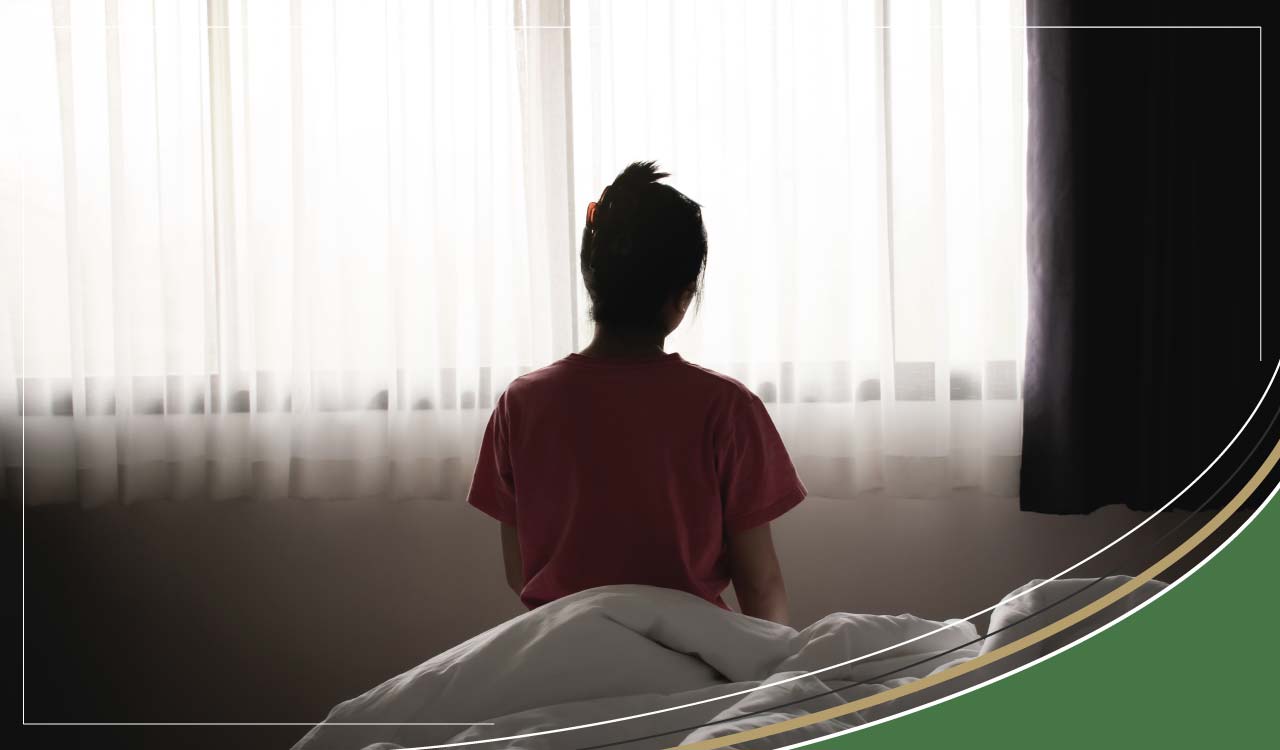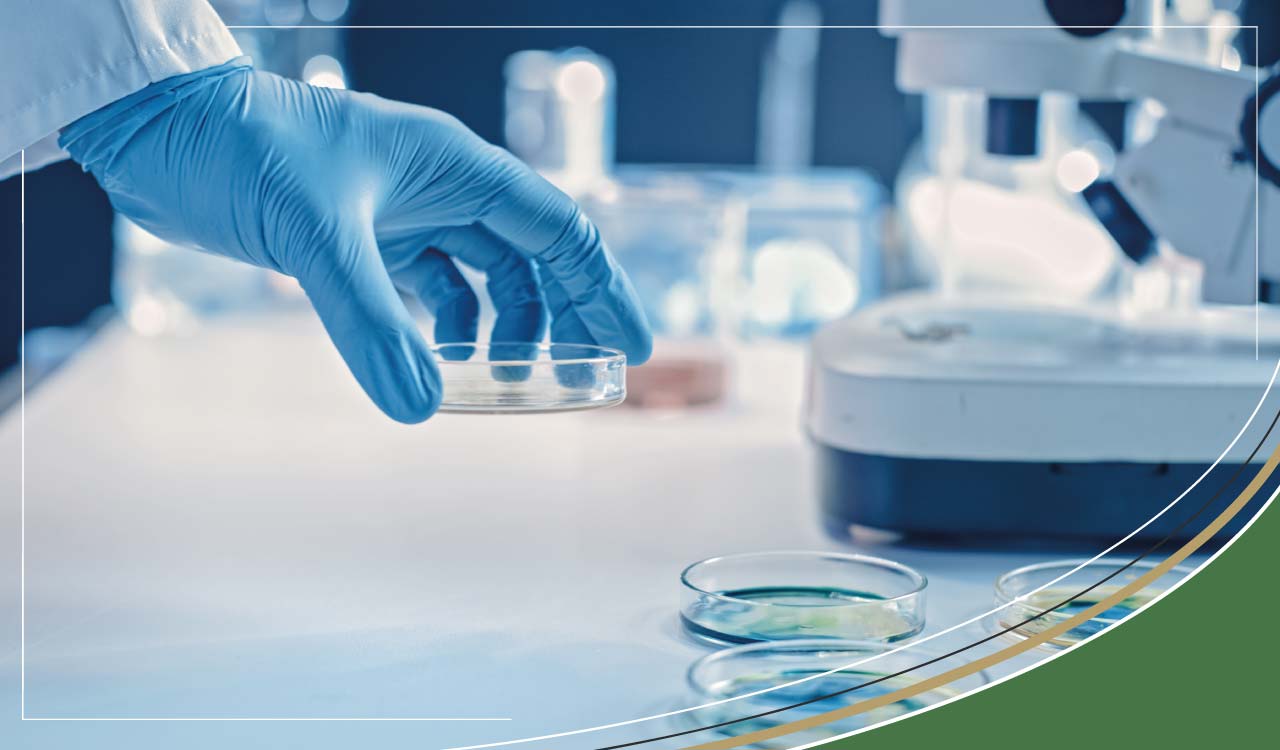Bacterial prostatitis causes - symptoms & diagnosis

What is Bacterial Prostatitis?
The prostate is the gland that produces the fluid component of male reproductive fluid. It is about the size of a walnut and is located near the bladder. The urethra runs from the bladder to the genitalia through the prostate. The urethra allows urine to pass out of the body. Bacterial Prostatitis is inflammation of the prostate which is caused by bacterial infection. The infection can be "acute" or "chronic" depending on severity and duration of the infection.
Symptoms
Bacterial Prostatitis can be very painful and distressing and you may experience the following symptoms:
- Feeling a constant urge to pass urine with pain or stinging when you do so.
- Decreased urine stream.
- Malodorous urine.
- Pain during intimacy or bowel movement.
- Pain in lower abdomen/back/testicles/perineum.
- Blood present in urine and male reproductive fluid.
- Fever, shivering and general malaise.
Bacterial Prostatitis is usually caused by common strains of bacteria such as E-Coli, Proteus and Klebsiella but can occur in response to a range of issues such as:
- Urinary Tract Infection (bacteria in urine can leak into the prostate).
- Epidymitis (inflammation of the tubes between the vas deferens and testicles).
- Urethritis (inflammation of the urethra).
- Perineal Injury.
- Transmitted Diseases such as chlamydia and gonorrhoea.
- Bladder obstructions such as bladder stones.
Medical Emergency
If you experience fast breathing, fever, a fast heartbeat, nausea, vomiting, confusion or disorientation, this may be signs of sepsis (infection in the blood). Please seek medical attention immediately.
Acute Urinary Retention (not being able to urinate) is a medical emergency which requires drainage through a catheter in hospital.
Diagnosis
It is important to visit your doctor particularly if you experience discharge from the genitals, any swelling of the testes or perineal pain. Your GP may test your blood and urine for infection. They will need to do a rectal examination and may need to obtain a sample of fluid from the prostate to test. They may also check how well your bladder empties using urodynamic tests.
Treatment
Antibiotics are the most common treatment for Bacterial Prostatitis and it is important to visit your doctor as soon as you have symptoms to have a prescription to hand.
Prevention
- Consider supportive supplements such as D-Mannose.
- Avoid cycling or use padded shorts to take pressure off your prostate.
- You may find sitting on an inflated cushion or pillow will help.
- Take a warm bath to help relax your muscles and ease the pain.
- Avoid alcohol, coffee and spicy foods.
- Drink plenty of fluids and try to empty your bladder fully when you urinate.
- Have regular check-ups.
 Fast DPD Ireland Delivery - 1-5 Working Days
Fast DPD Ireland Delivery - 1-5 Working Days
 Support 0818 110 792 - 20+ Years Expertise
Support 0818 110 792 - 20+ Years Expertise
 Read Thousands of Independent Reviews
Read Thousands of Independent Reviews















